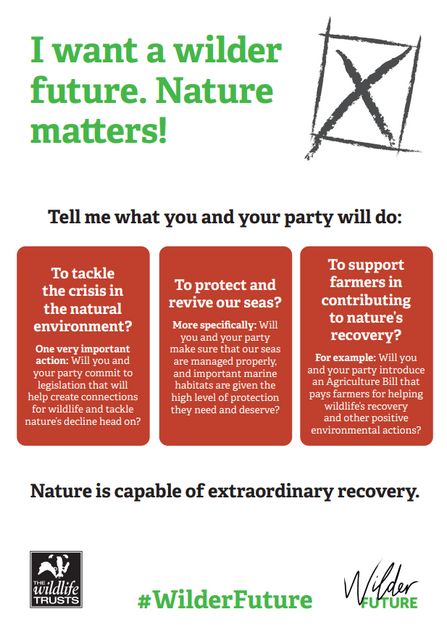On Thursday 12th December, the UK will go to the polls for a General Election. This is a critical chance for you to have your say on who will be in charge of protecting your life support system. That’s right: the environment. Having healthy, thriving ecosystems is the only way to gives us clean air, water and food, not to mention flourishing industries. This means the environment is vital for our economy, prosperity and wellbeing too.
When deciding who to vote for, we urge you to consider the impacts, whether positive or negative, that your preferred candidate may have on the environment. So what do the candidates in your constituency plan to do to address the Environment & Climate Crisis?

